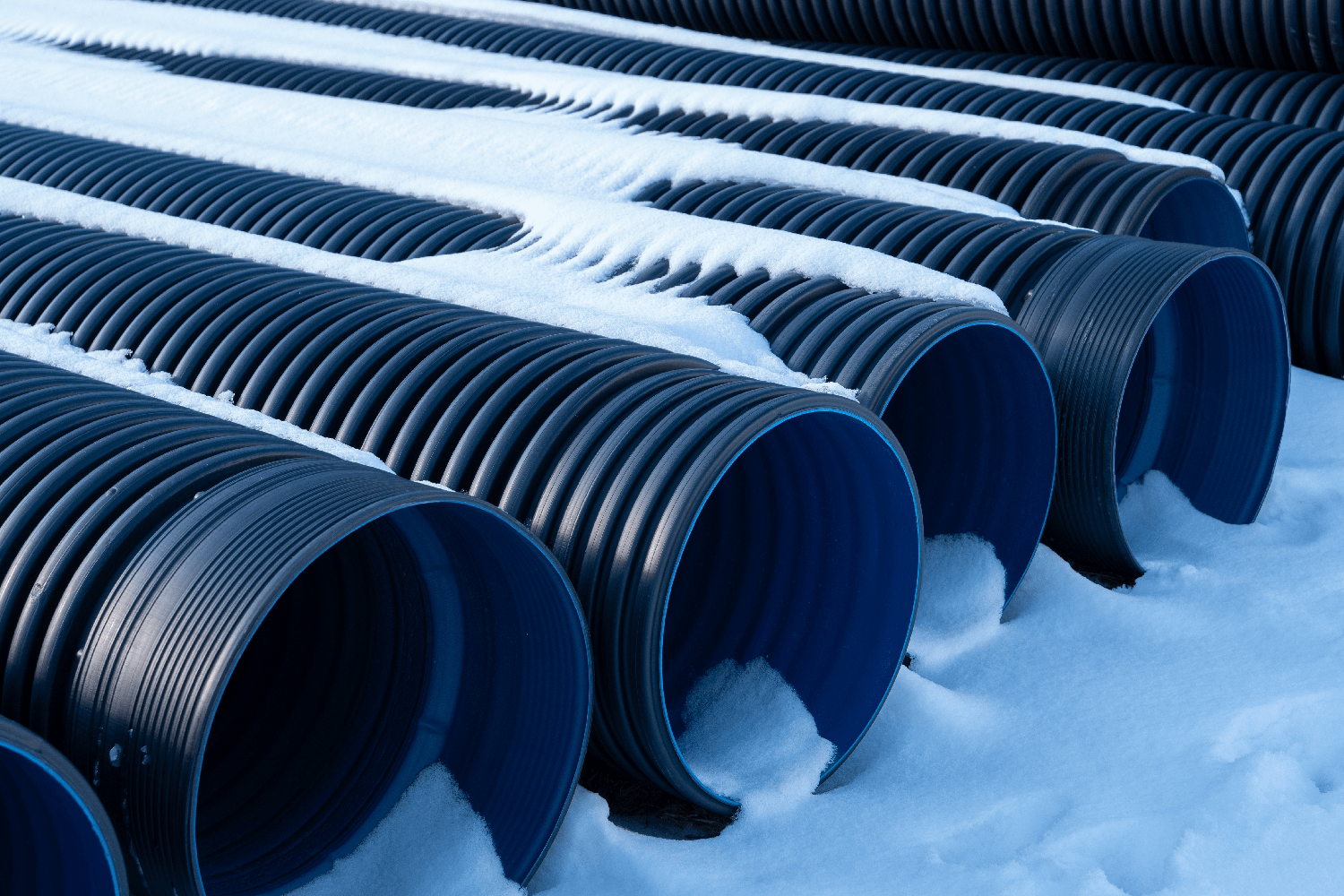
As climate change accelerates, Scandinavian countries face increasingly severe storms, snow, freezing temperatures, and heavy rain. These conditions challenge traditional infrastructure, requiring adaptable, weather-resistant solutions. One such solution? Plastic piping systems, like HDPE and PEX, which provide durability and reliability in the harsh Nordic climate.
Understanding Extreme Weather in Scandinavia
- Heavy Snow & Ice: Cause soil shifts, stressing buried infrastructure.
- Freezing Temperatures: Lead to frost heave and pipe ruptures.
- Storm Surges & Coastal Flooding: Especially common in Norway and Denmark.
How Plastic Pipes Withstand Nordic Conditions
1. Freeze-Thaw Resilience
Plastic pipes like HDPE have high flexibility, allowing them to expand and contract without cracking — a vital property in areas like northern Sweden or inland Finland.
2. Resistance to Corrosion
Unlike traditional iron or steel pipes, plastic options resist salt and moisture corrosion — making them ideal for coastal applications in Denmark and Norway.
3. Lightweight and Easy to Install
Plastic piping is easier to handle in snowy or difficult terrain, reducing labor costs during Scandinavian winter construction months.
4. Sustainable Infrastructure
Modern plastic pipes are recyclable and designed with lower CO2 emissions, aligning with Nordic environmental goals.
Case Studies in Scandinavia
Norway – Stormwater Resilience
HDPE stormwater systems in Bergen performed reliably during heavy rains in 2022, while metal pipes nearby required replacement.
Sweden – Frost-Proof Irrigation
PEX pipe installations in Uppsala agricultural zones ensured year-round irrigation through extreme winters, avoiding burst pipe issues.
Recommendations for Scandinavian Infrastructure Planners
- Use UV-stabilized HDPE for above-ground exposure in summer daylight.
- Incorporate insulation sleeves for added frost resistance in Arctic regions.
- Plan flexible joint systems to accommodate freeze-thaw soil movement.
Conclusion
Plastic pipes are a cornerstone in modernizing Scandinavian infrastructure. Their weather resistance, flexibility, and sustainability make them the top choice for cities and municipalities adapting to an unpredictable climate.


